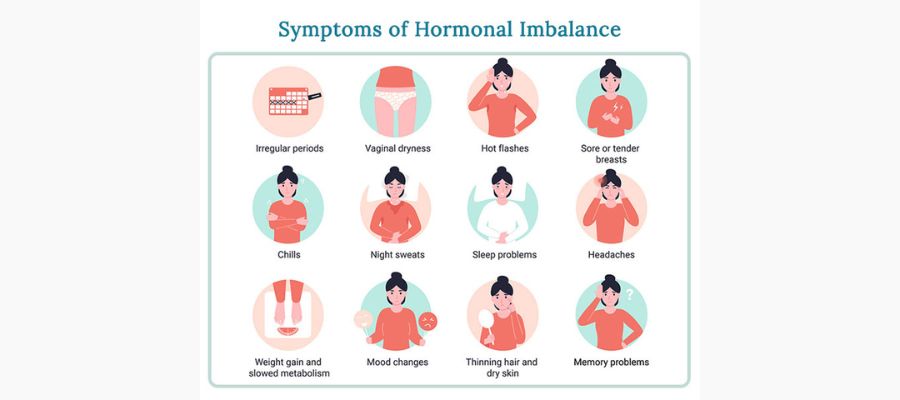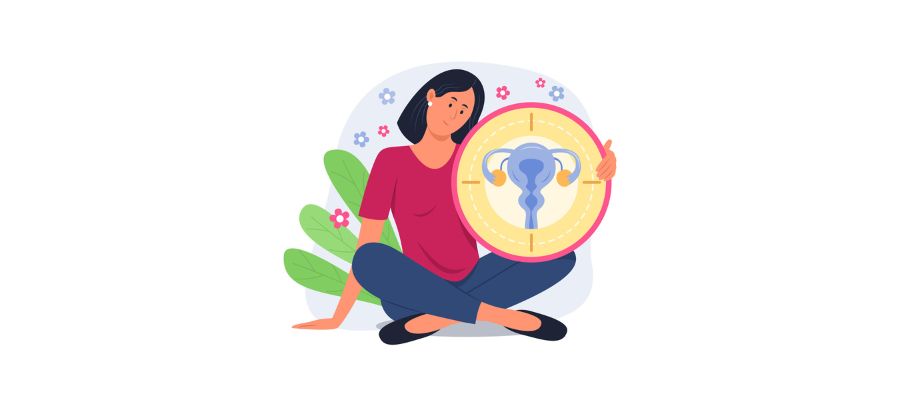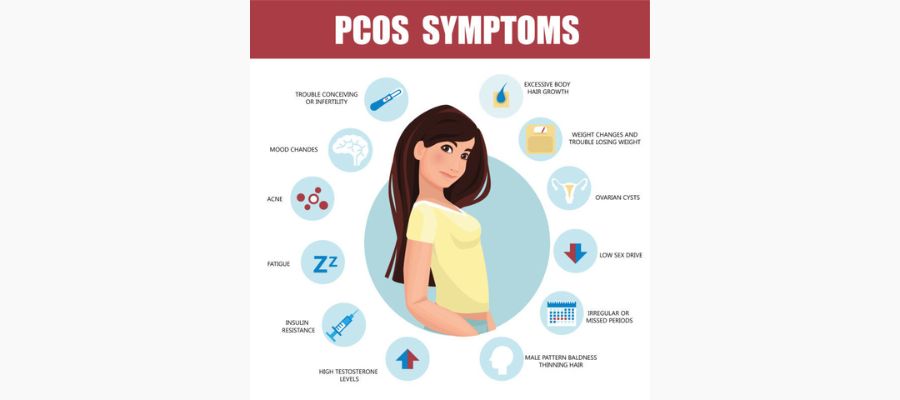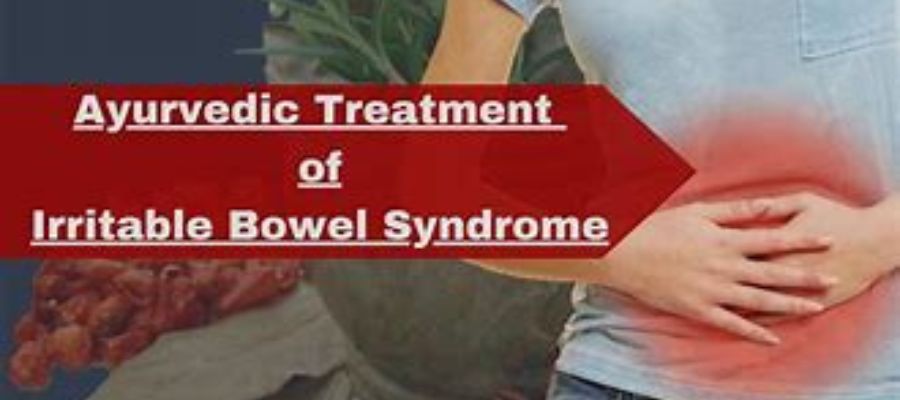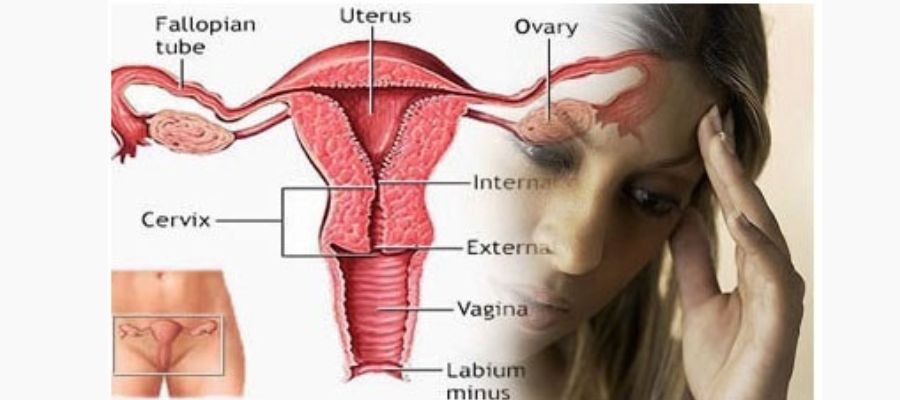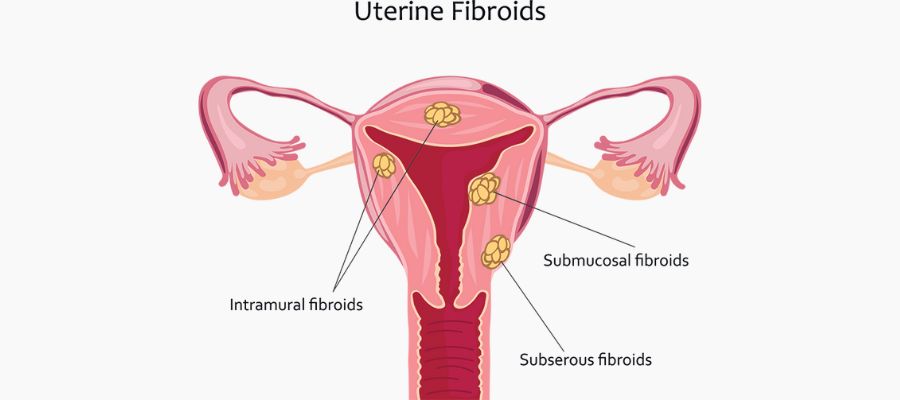.jpg)
HOME REMEDIES FOR IBS
If you have irritable bowel syndrome (IBS), you know how difficult it can be to manage symptoms such as abdominal pain, bloating, and irregular bowel movements. There are, thankfully, a number of home treatments that can provide relief and enhance digestive health. Let's look more closely at some of these simple and natural cures.
Ayurveda Tips to follow for IBS
Juice of Aloe Vera: It is one of the most powerful and valuable herbs for treating a variety of health problems, including digestive ailments. Its antibacterial and anti-inflammatory characteristics aid in the treatment of diarrhoea and constipation. Once a day, take a shot of Aloe vera juice.
Fennel seeds (Foeniculum vulgare): This herb's carminative and anti-inflammatory qualities make it particularly beneficial in the treatment of digestive ailments. It relieves abdominal pain and bloating, as well as indigestion and flatulence.
Curcuma longa (turmeric): The most effective herb is indicated for practically all inflammatory-related disorders. It has antibacterial, viral, and fungal characteristics that help to keep diseases at bay.
LIFESTYLE MODIFICATIONS FOR IBS RELIEF
Maintaining a healthy lifestyle can prevent the development of chronic diseases related to the digestive system and other related conditions. Your lifestyle has a big impact on your quality of life in addition to your diet.
The following lifestyle changes need to be made in order to live a healthy and sustainable life:
• Always remember to stay hydrated.
• Maintain your physical activity level by working out on a regular basis.
• It is always advised to monitor your regular dietary intake. The easiest technique to treat Irritable Bowel Syndrome or any other digestive ailment is to get a "food intolerance test" if the symptoms are severe and protracted.
To treat IBS, Ayurveda takes a three-pronged strategy. The basic technique primarily attempts to cure the disease's underlying cause, ensuring a positive and long-term recovery. It involves procedures for effective detoxification and purification of the biological system. For Irritable Bowel Syndrome (IBS), the main goal is to cleanse the colon by draining out toxins and re-establishing colon health. This will assist to reduce the likelihood of developing digestive difficulties in the future. Stress management, exercise, and the need of sleep all play important roles in disease recovery.
STRESS MANAGEMENT
Stress aggravates the disease's symptoms, making it worse. According to research, stress can be both a cause and a risk factor for IBS. According to a government research conducted in 2014, 40%-60% of patients with IBS also suffer from stress. Stress management is said to be the core cause of all ailments that exist today. Several research have proven that "gut health is significantly linked with the nervous system." As a result, achieving a perfect balance between the two can drastically reduce the likelihood of digestive issues.
EXERCISE'S ROLE
Physical activity and exercise can help relieve IBS symptoms. Exercise aids in the regulation of bowel movements and the reduction of bloating. It also improves mood and vitality while reducing muscle tightness.
THE VALUE OF SLEEP
Improper and insufficient sleep aggravates IBS symptoms. There is a link between IBS and sleep because a lack of sleep can impair the gut's ability to relax and recover, resulting in bowel muscle fatigue and decreased bowel movement and function.
MEDITATION AND YOGA FOR IRRITABLE BOWEL SYNDROME
Yoga for IBS, meditation, and breathing techniques all play important roles in delivering effective relief from recurrent Irritable Bowel Syndrome (IBS) symptoms. Meditation relaxes the body and mind while simultaneously working on the gut-mind connection, and the benefits have been shown to be highly successful.
The ideal yoga positions for this purpose are mentioned below.
Parighasana (gate pose)
ArdhaMatsyendrasana (half-seated spinal twist)
SalambaSetuBandhasana (supported bridge pose)
Ananda Balasana (happy baby pose)
Conclusion
Diet and lifestyle adjustments are the front-line treatment for IBS, but they are not the only options on which a person should rely entirely. Health improvement that is slow or non-existent is cause for concern and should not be overlooked. For positive results, Ayurvedic doctors should be consulted. The experts will be able to advise you well and will assist in the entire elimination of the disease's reoccurring symptoms naturally without the worry of side effects because Ayurvedic medicines are plant-based.



